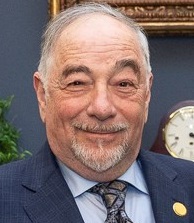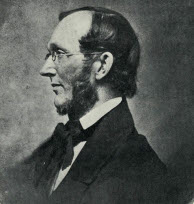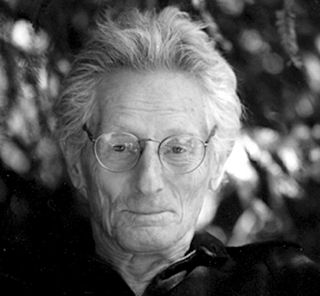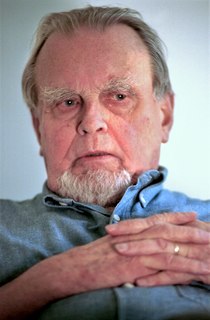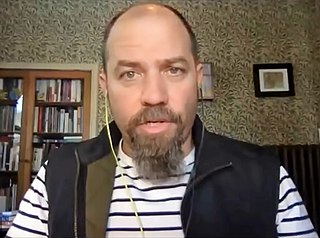A Quote by David LaChapelle
I like thinking about the fragility of the human flesh and our bodies - our decay and eventual death.
Related Quotes
Death is a part of all our lives. Whether we like it or not, it is bound to happen. Instead of avoiding thinking about it, it is better to understand its meaning. We all have the same body, the same human flesh, and therefore we will all die. There is a big difference, of course, between natural death and accidental death, but basically death will come sooner or later. If from the beginning your attitude is 'Yes, death is part of our lives,' then it may be easier to face.
The animals share with us the privilege of having a soul Alas, what wickedness to swallow flesh into our own flesh, to fatten our greedy bodies by cramming in other bodies, to have one living creature fed by the death of another! In the midst of such wealth as earth, the best of mothers, provides, yet nothing satisfies you, but to behave like the Cyclopes, inflicting sorry wounds with cruel teeth! You cannot appease the hungry cravings of your wicked, gluttonous stomachs except by destroying some other life.
What makes people want to live forever? I don't think it's limited to our materialistic society of today. Even back to Christian times, they were writing about eternal life after death. So even in death there was a discussion of eternal life. I think this is a universal human desire. It's a horrible thought that this conscious being of ours - with our beautiful bodies - is one day going to decay and die. I don't think it so much has to do with the fear of meeting God, as it is just the thought that this all ends.
Why should it be thought incredible that the same soul should inhabit in succession an indefinite number of moral bodies? Even during this one life our bodies are perpetually changing, through a process of decay and restoration; which is so gradual that it escapes our notice. Every human being thus dwells successively in many bodies, even during one short life.
Any great artist is wrestling with their sadness and loneliness, their fears, anxieties and securities, and they're transfiguring those into complicated forms of expression that affect our hearts, minds and souls and remind us of who we are as human beings, the fragility of our human status and the inevitability of death.
Presumably there are energies, to which each human is sensitive, that we cannot yet detect by means of our instruments. Built into our brains and our bodies are very sensitive tuneable receivers for energies that we do not yet know about in our science but that each one of us can detect under the proper circumstances and the proper state of mind. We can tune our nervous systems and bodies to receive these energies. We can also tune our brains and bodies to transmit these energies.
I've been thinking about something for a long time, and I keep noticing that most human speech-if not all human speech-is made with the outgoing breath. This is the strange thing about presence and absence. When we breath in, our bodies are filled with nutrients and nourishment. Our blood is filled with oxygen, our skin gets flush; our bones get harder-they get compacted. Our muscles get toned and we feel very present when we're breathing in. The problem is, that when we're breathing in, we can't speak. So presence and silence have something to do with each other.
Our tissues change as we live: the food we eat and the air we breathe become flesh of our flesh and bone of our bone, and the momentary elements of our flesh and bone pass out of our body every day with our excreta. We are but whirlpools in a river of ever-flowing water. We are not stuff that abides, but patterns that perpetuate themselves
There's often a distressing disconnect between the good words we speak and the way we live our lives. In personal relations and politics, the mass media, the academy and organized religion, our good words tend to float away even as they leave our lips, ascending to an altitude where they neither reflect nor connect with the human condition. We long for words like love, truth, and justice to become flesh and dwell among us. But in our violent world, it's risky business to wrap our frail flesh around words like those, and we don't like the odds.
In the medieval tradition, Beksinski seems to believe art to be a forewarning about the fragility of the flesh– whatever pleasures we know are doomed to perish– thus, his paintings manage to evoke at once the process of decay and the ongoing struggle for life. They hold within them a secret poetry, stained with blood and rust.



